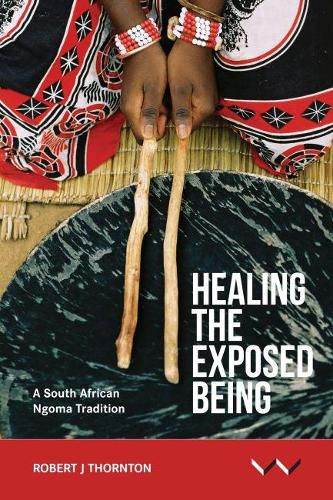Readings Newsletter
Become a Readings Member to make your shopping experience even easier.
Sign in or sign up for free!
You’re not far away from qualifying for FREE standard shipping within Australia
You’ve qualified for FREE standard shipping within Australia
The cart is loading…






This ethnography explores the Ngoma healing tradition as practised in eastern Mpumalanga, South Africa. ‘Bungoma’ is an active philosophical system and healing practice consisting of multiple strands that is basedon the notion that humans are intrinsically exposed to each other; while this is the cause of illness, it is also the condition for the possibility of healing. This healing seeks to protect the ‘exposed being’ from harm through augmenting the self. Unlike Western medicine, it does not seek to cure physical ailments but aims to prevent suffering by allowing patients to transform their personal narratives of self. Like Western medicine, it is empirical and is presented as ‘local knowledge’ that amounts to a practical anthropology of human conflict and the environment. The book examines this anthropology through political, economic, interpretive and environmental lenses and seeks to bring its therapeutic applications into relation with global academic anthropology.
$9.00 standard shipping within Australia
FREE standard shipping within Australia for orders over $100.00
Express & International shipping calculated at checkout
This ethnography explores the Ngoma healing tradition as practised in eastern Mpumalanga, South Africa. ‘Bungoma’ is an active philosophical system and healing practice consisting of multiple strands that is basedon the notion that humans are intrinsically exposed to each other; while this is the cause of illness, it is also the condition for the possibility of healing. This healing seeks to protect the ‘exposed being’ from harm through augmenting the self. Unlike Western medicine, it does not seek to cure physical ailments but aims to prevent suffering by allowing patients to transform their personal narratives of self. Like Western medicine, it is empirical and is presented as ‘local knowledge’ that amounts to a practical anthropology of human conflict and the environment. The book examines this anthropology through political, economic, interpretive and environmental lenses and seeks to bring its therapeutic applications into relation with global academic anthropology.